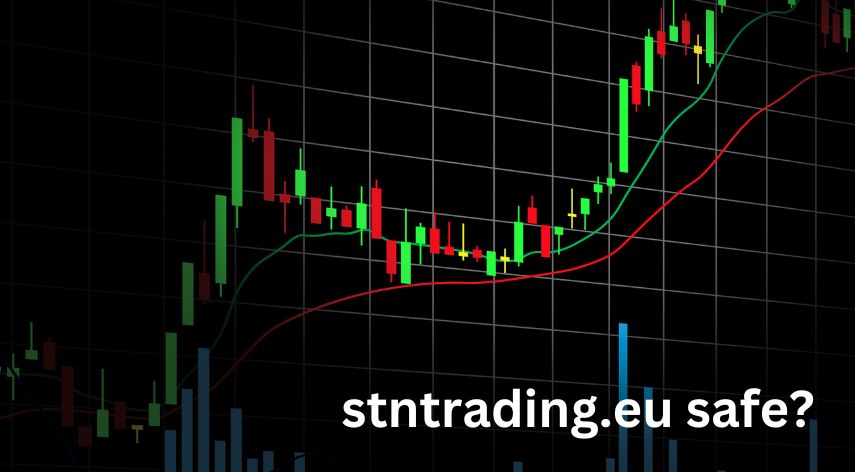Venture Capital vs Private Equity: What’s the Difference?

Did you know there are currently over 70,000 active startups in the US? As the COVID-19 pandemic subsides and the economy rebounds, these businesses will look to set up shop.
Those who wish to create a new business or invest in one must be well-versed in matters of finance. Among these is private equity vs venture capital. You want to make sure you tell the right investors, or you could end up with a deal that’s not good for your business.
We’re here to help you understand the differences between venture capital vs private equity. Here’s what you need to know.
Table of Contents
ToggleWhat Is Private Equity?
Private equity is a type of alternative investment in which investors provide financial capital to a business. These investments often take the form of equity. This means the investor receives a stake in the company, which is expected to provide profits and returns.
Demystifying private equity requires a basic understanding of the fundamentals of private equity investing and underlying investment vehicles. Also, it involves the risks associated with private equity investments and the regulatory context.
What Is Venture Capital?
Venture capital definition is an investment into a business with high growth potential. Investors typically provide to companies not listed on a public exchange. To establish a new business venture or to expand an existing business.
Venture capital investment is made in companies that have a unique and innovative idea, product, or service.
Stage of a Company’s Growth Cycle
The primary difference between venture capital and private equity is the stage of a company’s growth cycle in which they invest. Venture capital typically invests in earlier-stage companies when those companies need capital for product or market development.
Private equity is used to acquire part or all of an established company, often to support a new strategic direction or execution of a new business plan.
Objectives and Roles
The objectives of VC and PE investors vary greatly. Venture capitalists often focus on high-growth potential investments with an exit in as little as one to three years. Private equity backers usually aim for long-term, stable capital appreciation.
VCs also typically receive an equity stake in the company they invest in. And sometimes take an active role in the company.
PE investors more often prefer debt financing. They are taking a more hands-off approach to investment management.
Pros and Cons
Pros of venture capital include strong industry networks and access to high-growth opportunities. Also, relatively low levels of financial commitment compared to other forms of financing,
The benefits of private equity also provide access to capital and long-term growth and diversification. Additionally, it gives a greater focus on financial risks and market cycles.
The cons of VE include the possible over-valuation of investments and the potential to dilute ownership and control. The short-term horizon of many investments, the risk of partnerships, and certain legal limitations.
PE cons include high levels of financial commitment and exposure to long-term market risk. And it can involve the need for detailed knowledge of target companies.
Difference Between Venture Capital vs Private Equity
Venture capital vs private equity is the most vital option for companies to grow and raise capital. While each provides several benefits, it is necessary to understand the differentiating factors between the two.
These include the stage of a company’s growth cycle and its objectives and roles. Deciding which option offers the best opportunity for a business depends on its circumstances and preferences.
Are you looking for other tips and tricks? Check out our other blogs for more helpful resources and guides.
Alfred Williams, a distinguished business writer, navigates the corporate landscape with finesse. His articles offer invaluable insights into the dynamic world of business. Alfred's expertise shines, providing readers with a trustworthy guide through the complexities of modern commerce.
Recommended For You
Spread the loveIn the ever-expanding digital landscape, online trading platforms have become a staple for savvy consumers looking to explore
Spread the loveHave you heard about fiat-to-crypto exchange? One area that continually captures the attention of both seasoned investors and
Spread the loveMuch like any skill you master, financial stability sometimes requires a bit of practice. In the world of





